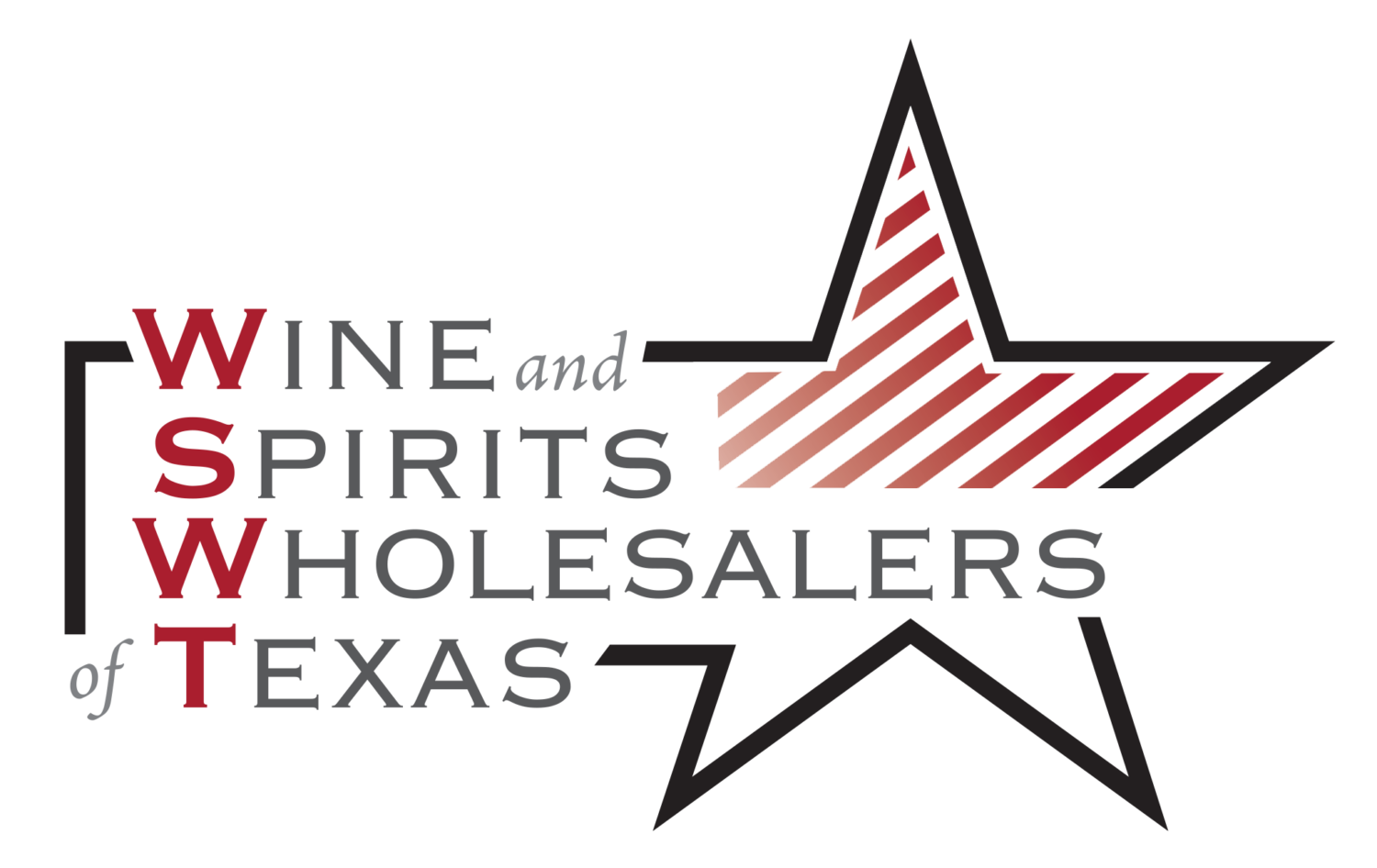For over 83 years, the Texas beverage alcohol industry has successfully served consumers and communities by distributing wine, spirits and beer through a three-tier system of licensed suppliers, wholesalers and retailers.
Texas established this system after the repeal of prohibition in 1933 and adoption of the 21st Amendment. Designed to prevent the abuses that led to Prohibition, the three-tier system requires a wholesale tier (regulated at both the state and federal levels) separating the retailer and supplier tiers.
Because of this system, Americans have access to an astounding variety and selection of products in every category, at reasonable and dependable prices. The system creates a framework of regulations, which mandate responsibility and accountability in beverage alcohol distribution. Effective state regulations are necessary to preserve an orderly marketplace and to prevent tax evasion, illegal diversion, sale of unsafe or counterfeit products and other hazards.
The three-tier system is the model of social responsibility.
Suppliers, wholesalers and retailers all play a crucial role in providing outstanding choice and availability, while protecting the integrity and quality of alcoholic beverages.
National prohibition of alcohol (1920-1933) -“the noble experiment”- was undertaken to reduce crime and corruption, solve social problems, reduce the tax burden created by prisons and poorhouses and improve health and hygiene in America.
The prohibiton law lacked public sentiment necessary for proper enforcement and ultimately, the opponents of prohibition won out.
Despite very early signs of success, including a decline in arrests for drunkenness and a reported 30 percent drop in alcohol consumption, those who wanted to keep drinking found ever-more inventive ways to do it. The illegal manufacturing and sale of liquor (known as “bootlegging”) went on throughout the decade, along with the operation of “speakeasies” (stores or nightclubs selling alcohol), the smuggling of alcohol across state lines and the informal production of liquor (“moonshine” or “bathtub gin”) in private homes.
In addition, the Prohibition era encouraged the rise of criminal activity associated with bootlegging. The most notorious example was the Chicagogangster Al Capone, who earned a staggering $60 million annually from bootleg operations and speakeasies. The high price of bootleg liquor meant that the nation’s working class and poor were far more restricted during Prohibition than middle or upper class Americans.
In 1933, Congress amended the Volstead Act (known as the National Prohibition Act) to permit the sale of beer up to 4% alcohol by volume; and in Austust 1933, the voters in Texas adopted an amendment to the State Constitution legalizing the sale of beer.
The 21st Amendment to the United States Constitution, which repealed the 18th Amendment, became effective December 15, 1933. The 44th Legislature then submitted an amendment to the voters repealing state prohibition, and the voters ratified it in August 1935.
Texas communities reverted back to the wet/dry status maintained prior to Prohibition.
When the 21st Amendment to the U.S. Constitution repealed national prohibition, it delegated responsibility for regulation of the alcoholic beverage industry to the individual states. This is probably the only remaining right guaranteed more or less exclusively to the states.
Shortly after the adoption of the 21st Amendment, the Texas Legislature, meeting in special session, enacted the Texas Liquor Control Act that created the Texas Liquor Control Board. The LCB, as it came to be commonly known, began its existence on November 16, 1935, charged with the administration of the new act. The name of the agency was changed January 1, 1970, to the Texas Alcoholic Beverage Commission and, on September 1, 1977, the recodified Texas Liquor Control Act took effect as the Texas Alcoholic Beverage Code.
The Alcoholic Beverage Code authorizes the Texas Alcoholic Beverage Commission to:
- Grant, refuse, suspend, or cancel permits and licenses in all phases of the alcoholic beverage industry;
- Supervise, inspect, and regulate the manufacturing, importation, exportation, transportation, sale, storage, distribution, and possession of alcoholic beverages;
- Assess and collect fees and taxes;
- Investigate for violations of the Alcoholic Beverage Code and assist in the prosecution of violators;
- Seize illicit beverages;
- Adopt standards of quality and approve labels and size of containers for all alcoholic beverages sold in Texas;
- Pass rules to assist the agency in all of the above.
